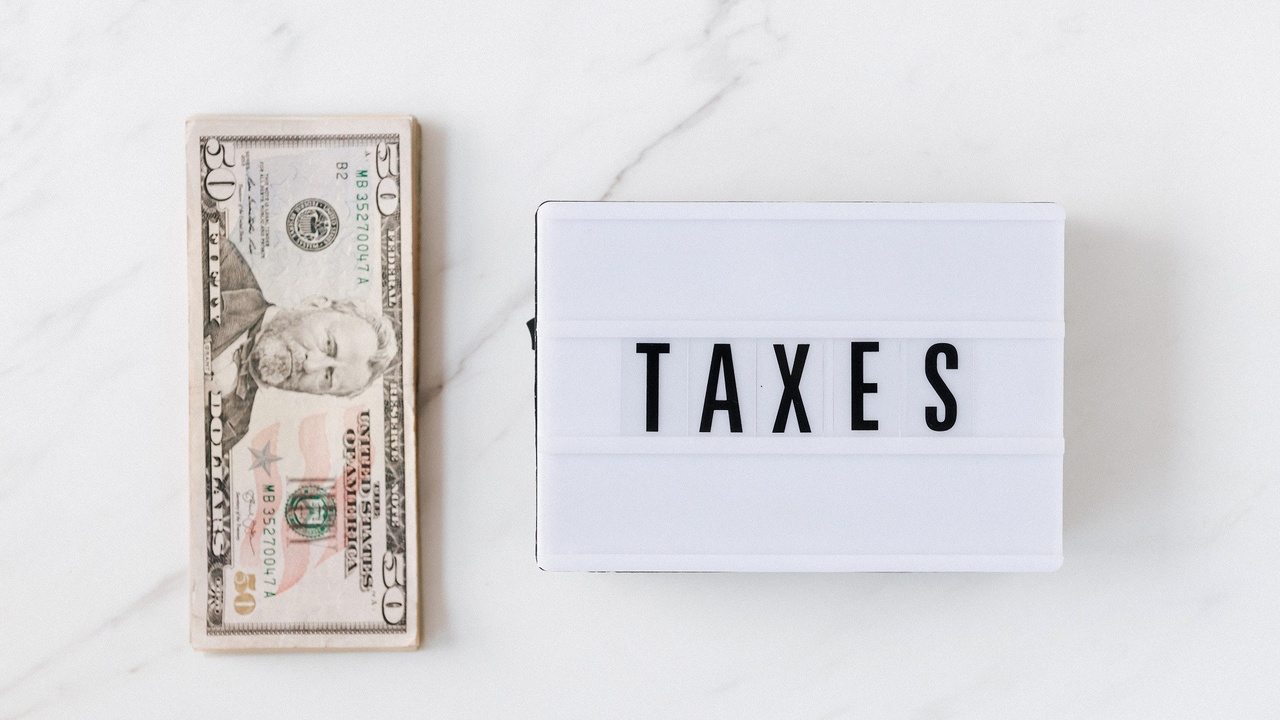6 California Small Business Taxes You Need to Pay

Starting a small business? Make sure you are prepared come tax time.
Here are the different types of taxes that you may incur and need to plan for if you are a small business owner in the state of California. Please note that this information is not intended as tax or legal advice as I am not a CPA and I strongly recommend consulting a CPA— but I do want to compile all the information for you I wish I had when I was first starting out!
Business Tax Certificate
The first type of tax is your business tax certificate, also known as your business license. The purpose of this is to pay taxes to your city. This is an annual tax registration and can differ from city to city. It can range anywhere from $50 up to $200 depending on which city you are in, and must be renewed annually with your city. Check http://calgold.ca.gov to locate your city’s business license/tax certificate application website.
Sales Tax
If you own a business that is selling tangible products — or you are selling labor that is then utilized to create a tangible product that is sold to a customer — you required to collect and remit sales tax to the CDTFA.
In order to do this, you need to obtain a seller’s permit from the CDTFA. You will then collect the sales tax from your customers or clients, and submit that sales tax payment to the CDTFA on a regularly scheduled reporting basis. In most cases, the CDTFA will require you to submit sales tax either annually or quarterly — it all depends on your amount of sales.
Want a step by step guide on how to obtain your seller’s permit? Watch the video here.
Income Taxes
If you have a net income of $400 or more in self employed income, you are required to file that income on your tax return. Self employed income is reported on Form Schedule C of your tax return and you will note your income and deductions.
Additionally, because this is self employed income, you are not only required to pay federal and state income taxes, but you are also required to pay self employment tax. Self employment tax amounts to 15.3% of your net income.
So why do you have to pay self employed taxes? With a W-2 job, your employer withholds Social Security and Medicare taxes on your behalf, but as a self employed individual you are responsible for paying those taxes yourself.

Lastly, some self employed individuals will be required to pay estimated quarterly tax payments in advance of the year that those payments are actually due. If you expect to owe a tax bill of $1,000 or more when your return is to be filed, then the IRS requires you to estimate the amount of taxes you must pay in advance. However, if you’re self employed and you did not owe any income taxes, then this does not apply to you.
Unsecured Business Tax
This type of tax that most small businesses are going to undergo is unsecured property taxes. This may come as a surprise to many new, small, and specifically home business owners in general.
Unsecured property tax is typically for business personal properties such as office equipment — whether it be owned or leased. The property tax rate for 2021 was 1.181%. Business property owners are required to file a property statement each year with their county Office of the Assessor-Recorder. This form will be mailed to your business address, and it can come as a surprise if you’re not expecting it.
Don’t Make the Mistake I Did!
My first year in business, I made a big mistake — I threw this form away. I didn’t realize it was tax that I had to pay, and I received a very large tax bill. What happens if you don’t pay this? If you do not pay your unsecured property tax form and you don’t submit the information that they need in order to calculate it, the assessor estimates your property. What’s wrong with that? The assessor will have no idea what type of unsecured business property you have, and in most cases, they will highly overestimate the amount you owe.
LLC Tax
Lastly, if you’re an LLC, you are required to pay an annual $800 California State LLC tax (if your business earns over $250,000 then this fee will be higher). This annual tax will be due even if you are not actively conducting business or turning a profit. You have until the 15th day of the fourth month from the date that you file with the Secretary of State in order to pay this for the first time.
Want to learn more about small business taxes? Watch the video here!




